If you find yourself tinkering around the same old games on your smartphone, maybe it's time to put some of that processing power to good use and give your brain a bit of a workout. Here are some of the best android apps for anyone interested in a little science, including a spot of VR, some sumptuous nature, and yes, a calculator (we promise it's a good one).
Read more:
- Science podcasts: 10 excellent BBC podcasts to boost your brain
- 26 of the best AR and VR apps and games for iOS and Android
1
BioBlox
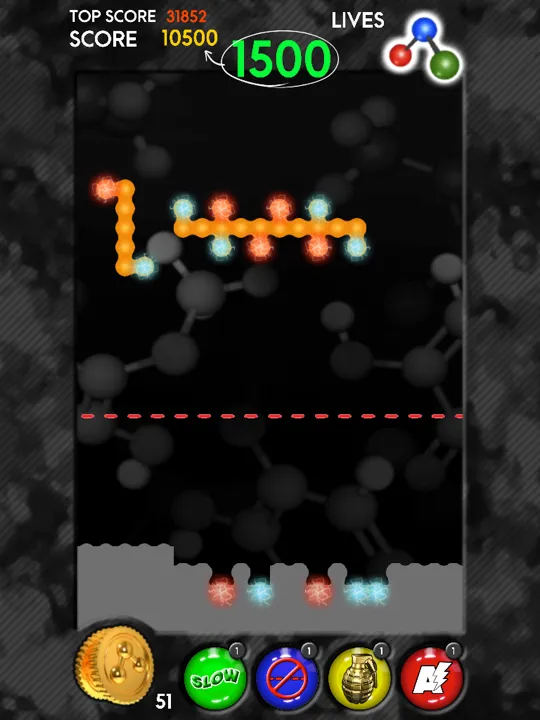
Get your head around one of the toughest problems in biology with this free, Tetris-style game, developed by scientists at two London universities.
BioBlox is inspired by the problem of protein docking – working out how exactly molecules such as medicines and vitamins bind onto complex proteins in the body.
There’s a 3D version of the game, too, which the creators hope to use in citizen science projects to solve real-world protein docking problems.
2
acceleratAR
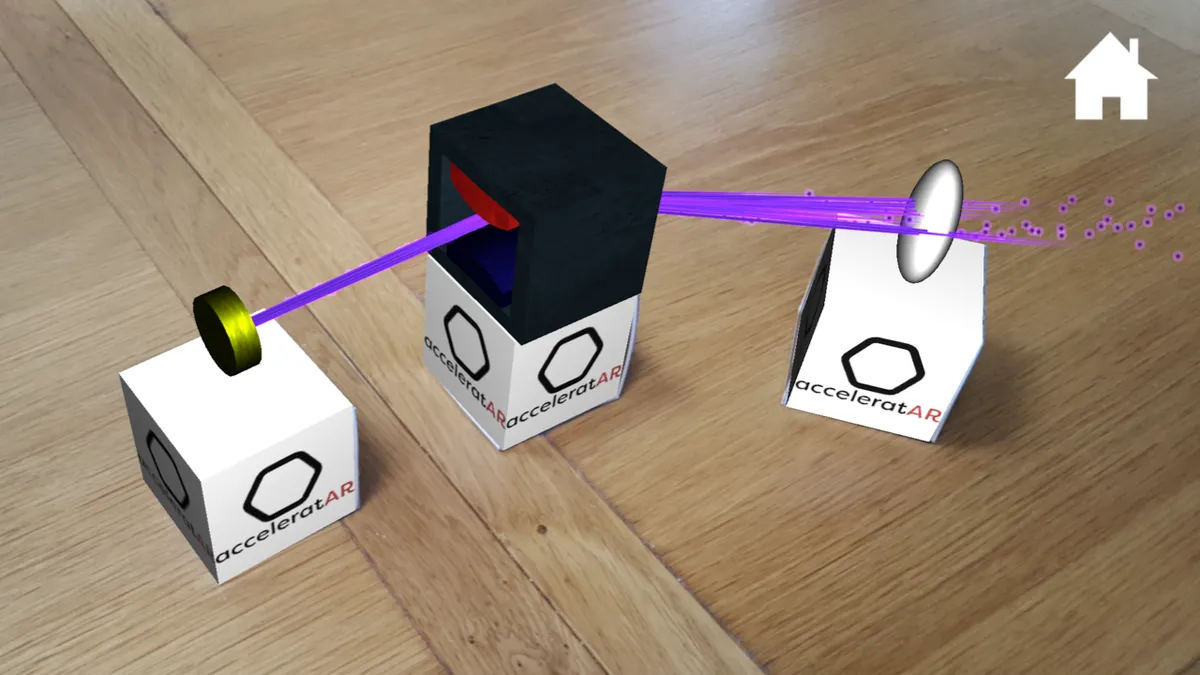
This clever app allows you to create your very own (virtual) particle accelerator, using nothing more than a smartphone and some paper cubes.
Position the cubes on a flat surface (each cube represents a different component of the accelerator, such as a particle source and an electric field) and then bring it to life on-screen using the accompanying app.
3
Collins Bird Guide
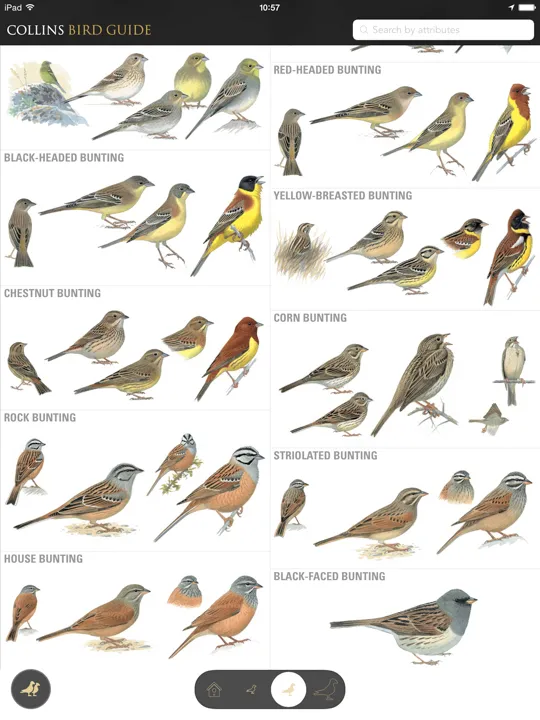
The ultimate companion for any serious birder, this digital version of Collins’ bird bible covers over 700 European species, with 3,500 illustrations helping you to tell your ruddy shelduck from your red-crested pochard.
Once you’ve identified the bird, learn about its habitatand range, and record your sighting using the listing tool.
Bill Oddie, eat your heart out.
- NatureGuides, £12.99
4
SketchAR
For anyone who’s ever wanted to learn to draw, this app provides a clever way. SketchAR lets you choose an imageand then hold your phone or tablet over a blank piece of paper to see that image appear on-screen. You can then simply trace what you see, replicating the image line by line to create something that even Picasso would be proud of.
- sketchar.tech, free(onlyavailable on smartphones with Tango)
5
Pocket Code
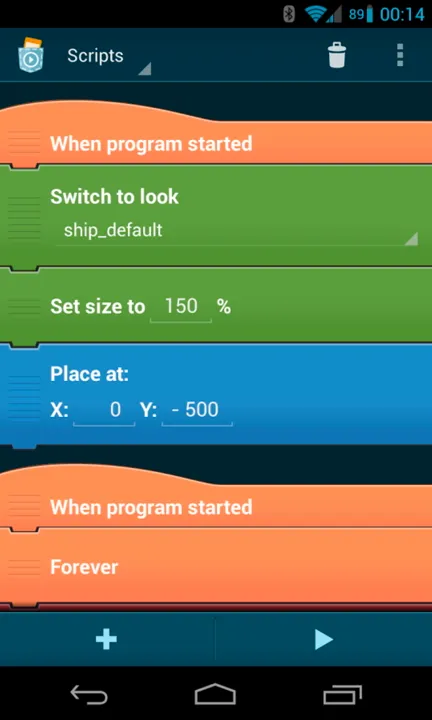
This nifty introduction to programming lets you create, play, and share your own games, animations, and music videos using a visual, ‘Lego-style’ interface.
Visit pocketcode.org to download and remix others’ creations, ranging from Space Invaders-style shooters to a visual proof of Pythagoras's theorem.
- Catrobat, free
6
All-in-One Calculator
We love a good calculator here at BBC Science Focus, and this lovely looking Android app promises to fulfil all our mathematical needs.
It features over 50 different calculators and unit converters, ranging from algebra and geometry to health and finance.
MindBox Apps,free with in-app purchases
7
Thinkrolls: Kings & Queens
Tear through a land of treacherous castles in this follow-up to the award-winning Thinkrolls 2.
There are 228 puzzles for ages 5 , designed to sharpen their problem-solving skills, exercise their memory and introduce them to forces and basic mechanics.
Ghosts, dragons and physics… what’s not to like?
- Avokiddo, £2.99
8
Attenborough’s Story of Life
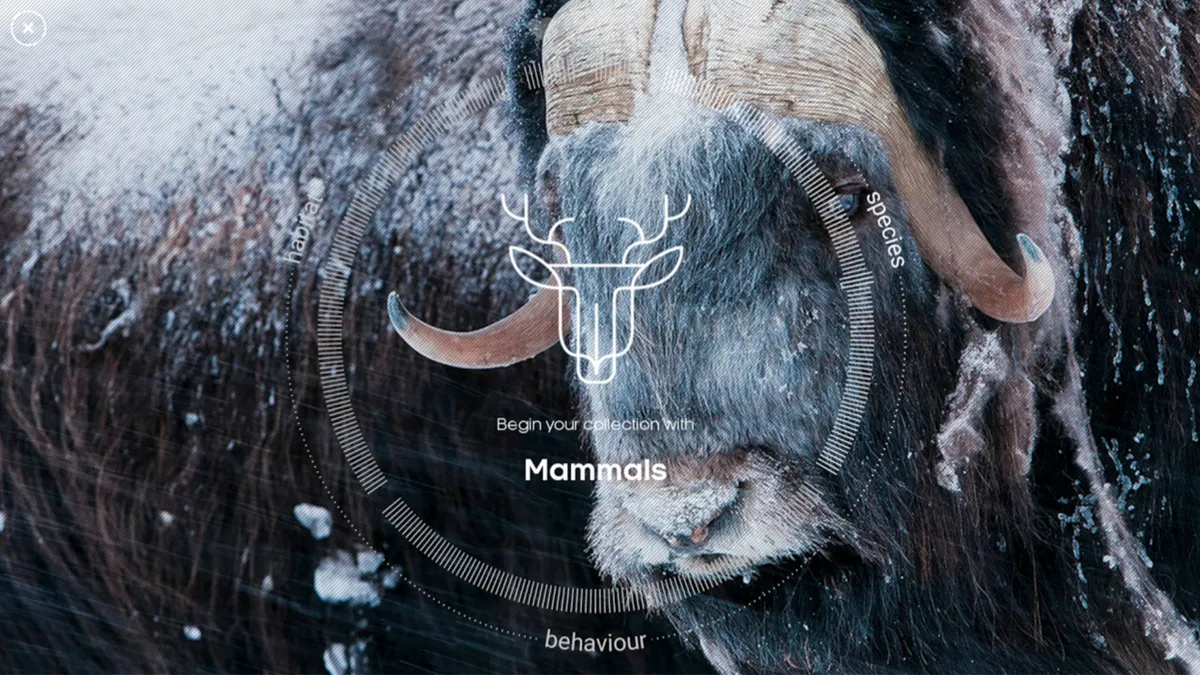
To celebrate the great broadcaster’s 90th birthday, this app brings together over 1,000 (count ‘em!) of Sir David Attenborough’s finest TV moments.
There are highlights from more than 40 programmes, including Planet Earth, Blue Planet, and Africa, as well as curated collections of films and hidden extras recorded especially for the app.
- BBC Worldwide, free
9
Notes on Blindness VR
In the 1980s, the theologian John Hull lost his sight. He began keeping an audio diary, a document which formsthe basis of the critically acclaimed film Notes on Blindness, released earlier this year. This accompanying VR experience beautifully recreates memories and moments from John’s audio diary, immersing the viewer in a ‘world beyond sight’.
- ARTE Experience, free
10
Cosmolander – Missions in the Solar System
Inspire the astronomers of the future with this introductory guide to our Solar System. Aimed at kids aged six and up, they’ll learn about the science and history of each planet before embarking on missions to test their knowledge, from repairing a Martian rover to collecting diamonds on Neptune.
- Marshmallow Games, £2.69
Follow Science Focus onTwitter,Facebook, Instagramand Flipboard